Israeli Chief of Staff Eyal Zamir has openly opposed Prime Minister Benjamin Netanyahu’s push for a full takeover of Gaza, citing concerns over the safety of remaining hostages and the toll on Israel’s already strained military. Despite his resistance, Zamir acknowledged he would carry out such orders if issued.
His defiance underscores ongoing friction between military leadership and political decision-makers, a recurring theme in Israel’s war cabinet. During a recent heated meeting, Zamir emphasized the military’s commitment to defeating Hamas while maintaining hostage welfare as a priority.
A Polarizing Figure Respected in Israel but Reviled in Gaza for Past Actions
Zamir projects a hardened military image domestically, bolstered by his claim that the military can now reshape border security. However, Palestinians view him starkly differently, associating him with severe crackdowns, especially during the 2018 Gaza protests that left over 150 people dead.
His role in the current conflict has further cemented his image among Palestinians as an architect of destruction, highlighting the polarizing perceptions of his leadership depending on one’s perspective in the conflict.
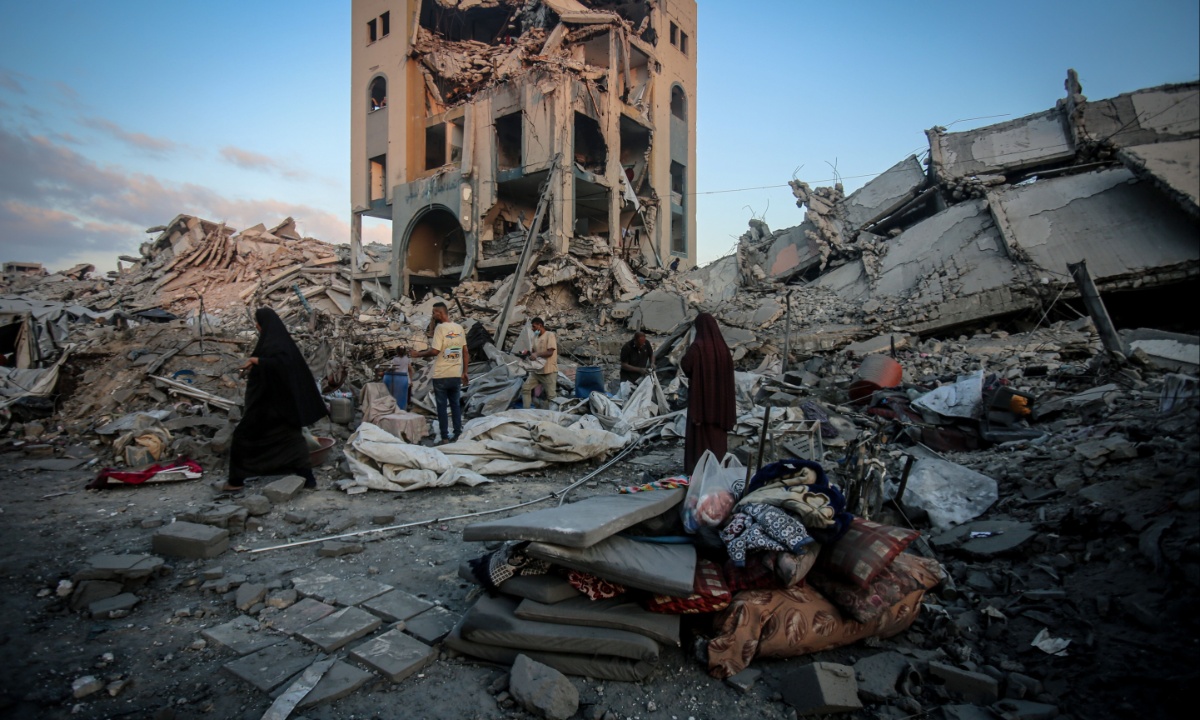
Zamir faces the difficult task of balancing his own military doctrine with the more aggressive political stance of Netanyahu’s coalition, particularly its far-right members. Although he has close ties to Netanyahu, having served as his military secretary and risen through the ranks under his leadership, Zamir has not shied away from challenging the government’s approach.
Analysts point out that his credibility remains strong, especially since he was not held responsible for the October 7 Hamas attack, unlike other senior officials. This positions him as a rare voice of caution within an environment dominated by calls for escalation.
Widespread Public Support at Home, Mounting International Criticism Over Gaza Conflict
Domestically, Zamir enjoys substantial public support, with trust levels exceeding those of Netanyahu, due in part to Israel’s perceived recent military successes against Hezbollah and Iranian targets. These achievements have reignited national pride and reinforced Israel’s military dominance in the region.
However, international criticism of Israel’s conduct in Gaza continues to mount, focusing on civilian casualties, destruction, and a looming humanitarian crisis. Zamir’s leadership is thus caught between domestic approval and global condemnation.
Zamir’s military career, beginning in 1984 in the armored corps and spanning decades of strategic and combat leadership, reflects deep experience in managing complex security situations. His command during the 2018 Gaza protests and his role in escalating operations since replacing Herzi Halevi in January 2025 show a commander willing to act decisively.
Nonetheless, his recent confrontations with Netanyahu’s cabinet reveal the burdens of reconciling long-term military strategy with short-term political agendas. With Gaza reduced to rubble and the prospect of prolonged occupation, Zamir and the IDF face an uncertain and potentially costly path ahead.

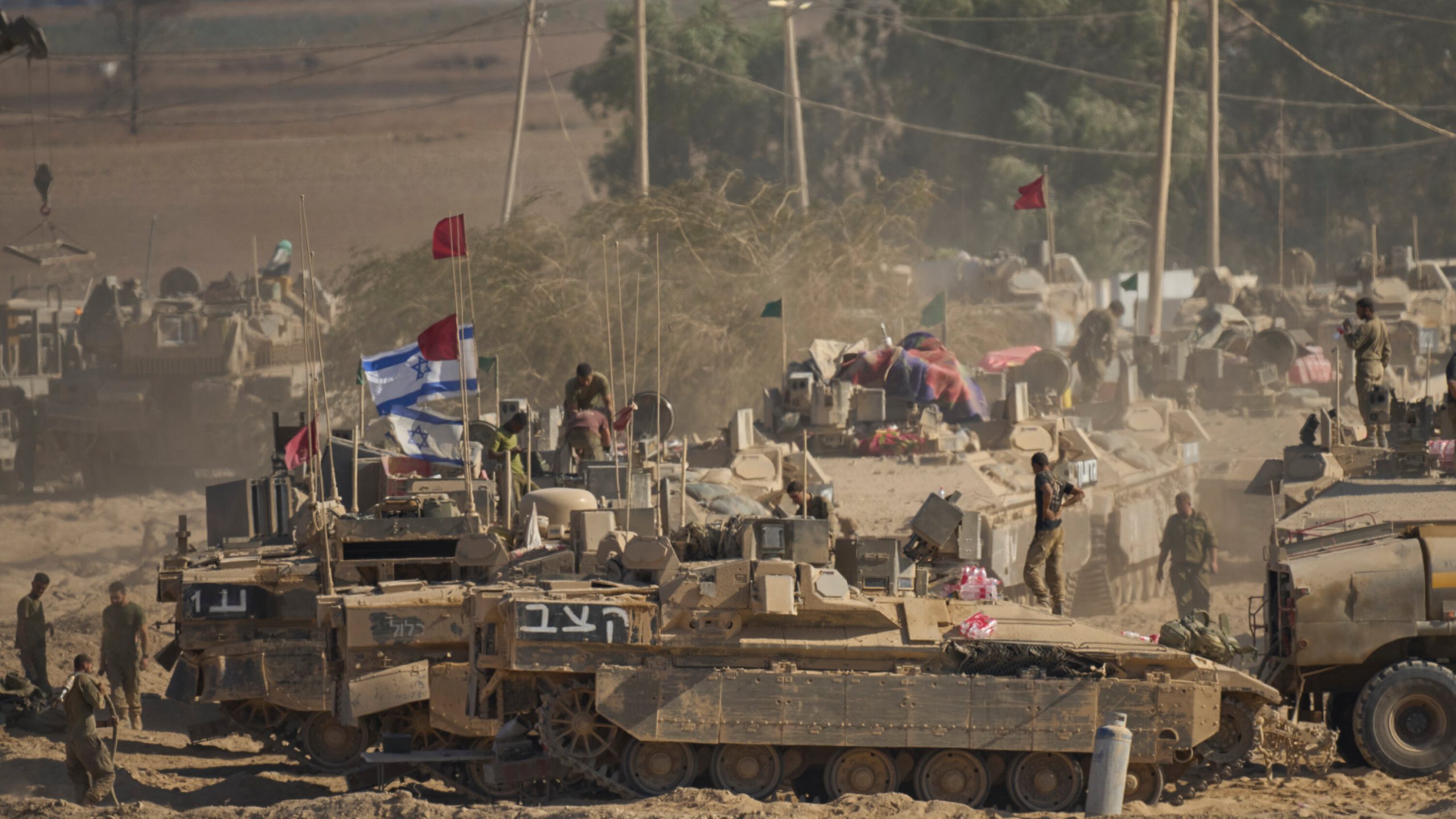





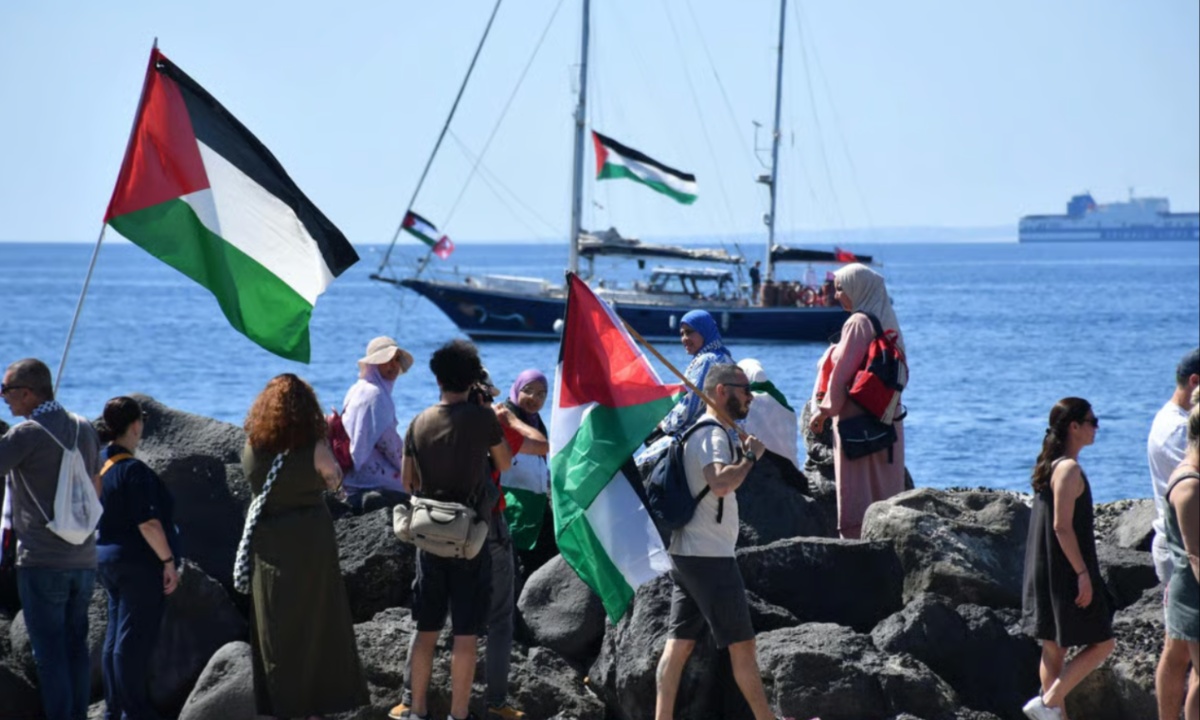

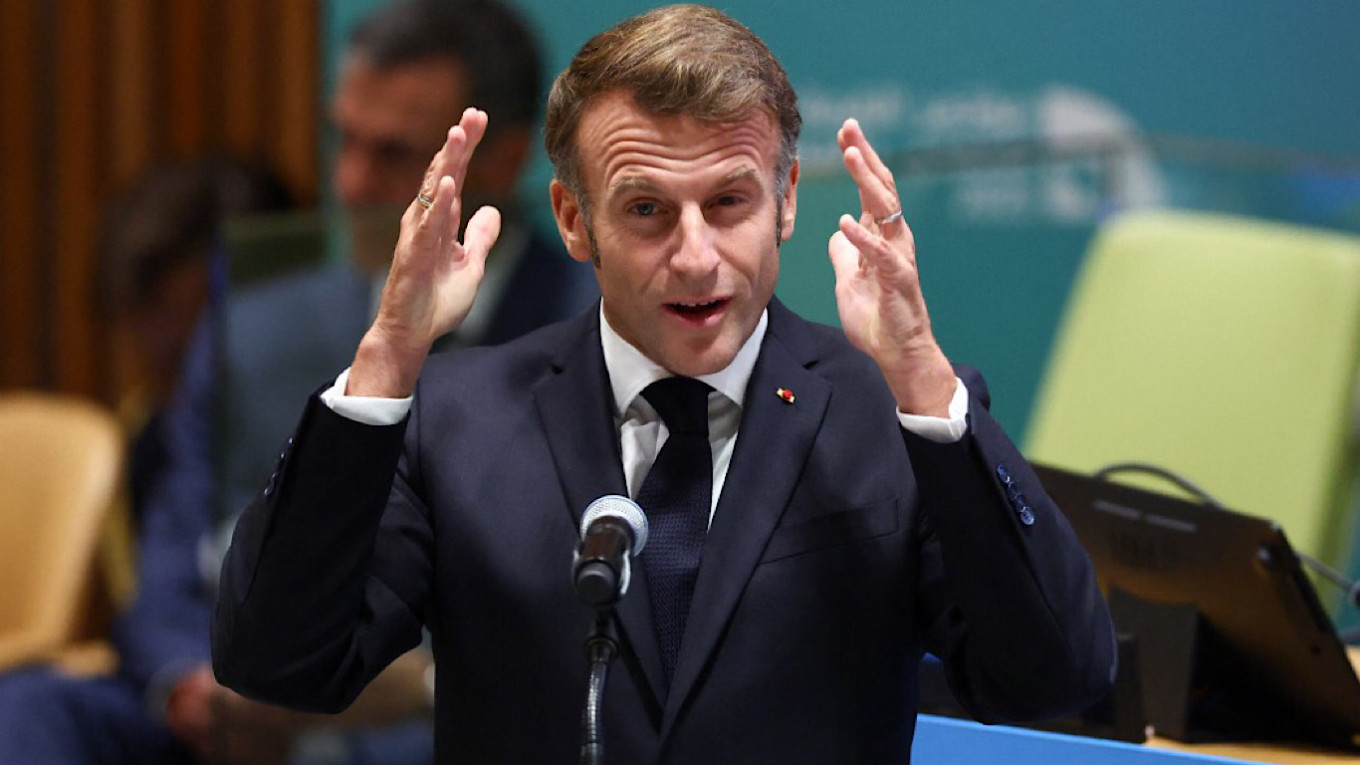

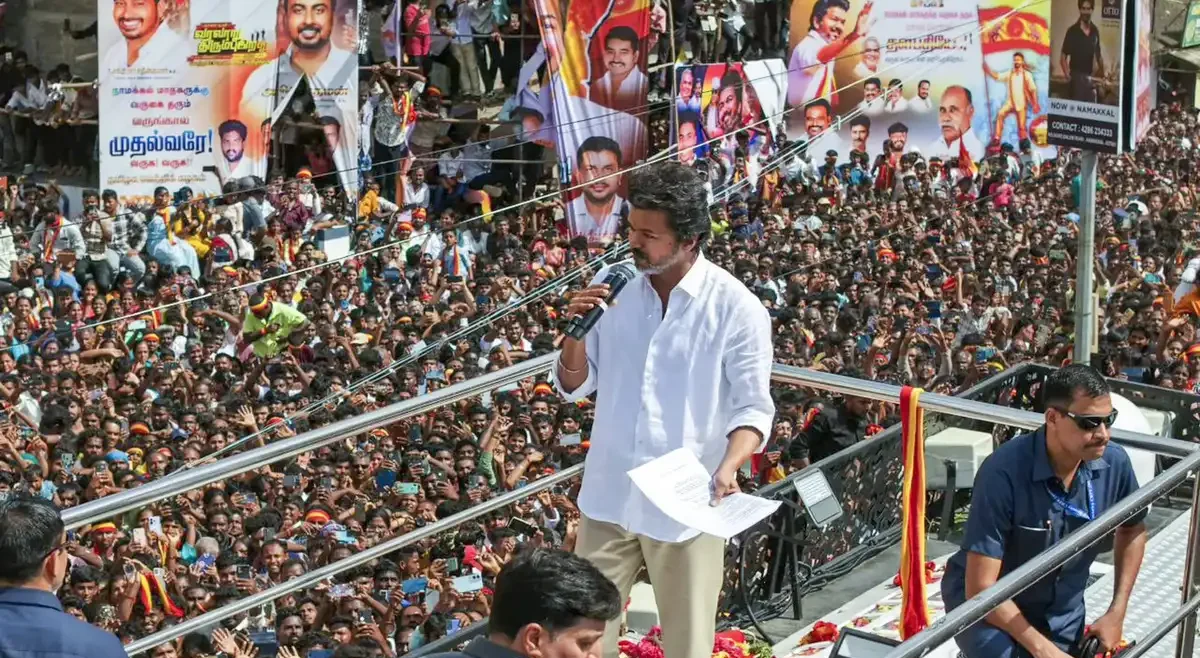
Leave a Reply